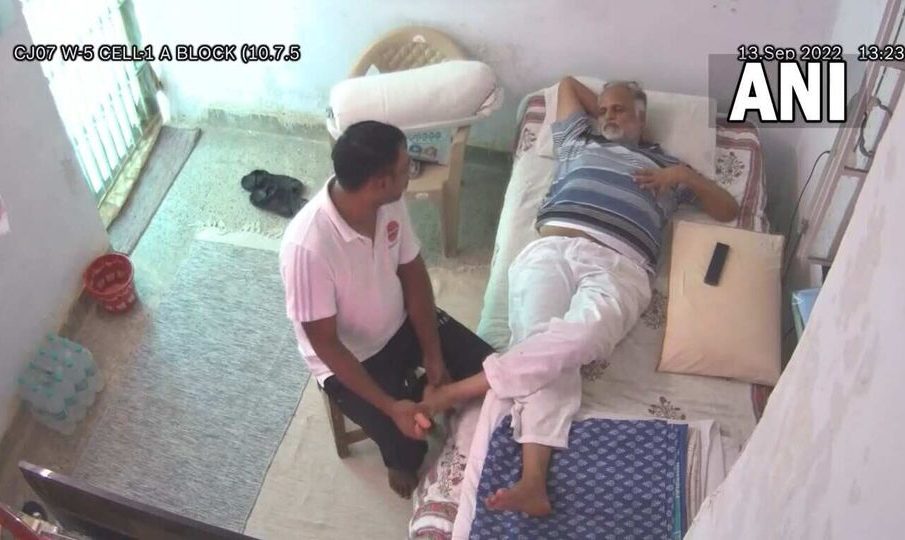Recent Developments in the Satyendar Jain Case

Introduction
Satyendar Jain, a prominent Aam Aadmi Party (AAP) leader and former Delhi cabinet minister, has been at the center of a significant political storm following recent legal challenges. The developments in his case not only affect Jain personally but also have broader implications for the AAP and the political landscape of Delhi.
Background
Satyendar Jain was arrested by the Enforcement Directorate (ED) in May 2022 on charges relating to money laundering. Accusations against him revolve around alleged discrepancy in his financial dealings, particularly regarding his investments and business transactions. Since then, Jain has maintained his innocence, claiming the actions against him are politically motivated.
Recent Court Proceedings
In the latest hearings, Jain’s legal team has been actively contesting the charges, arguing that the evidence presented is insufficient and based largely on fabricated claims. The court proceedings have drawn considerable attention, especially given Jain’s high-profile role in the AAP government, which could be impacted significantly should the case continue to unfold unfavorably.
Political Implications
The ongoing case against Jain has stirred controversy in Delhi’s political arena. The AAP has rallied in support of Jain, labeling the charges as a tactical move by the government to undermine the opposition. This has led to a surge of political discourse regarding governmental authority levels and legal interventions in political matters.
Public Opinion and Reactions
The public’s response has been polarized. Supporters of the AAP argue that the investigation is an attack on the party and its leadership. Conversely, critics assert that accountability in public office must prevail, regardless of political affiliations. This case has sparked extensive discussions on social media platforms and news forums, highlighting the importance of integrity in governance.
Conclusion
The developments surrounding Satyendar Jain are essential not only for the individuals involved but also for the future of the AAP and its governance in Delhi. As the case progresses, observers predict it could lead to shifts in public sentiment, affecting the party’s foothold in upcoming electoral contests. For readers, understanding these dynamics is critical, as they illustrate the intersection of law, politics, and public trust in a democratic society.









